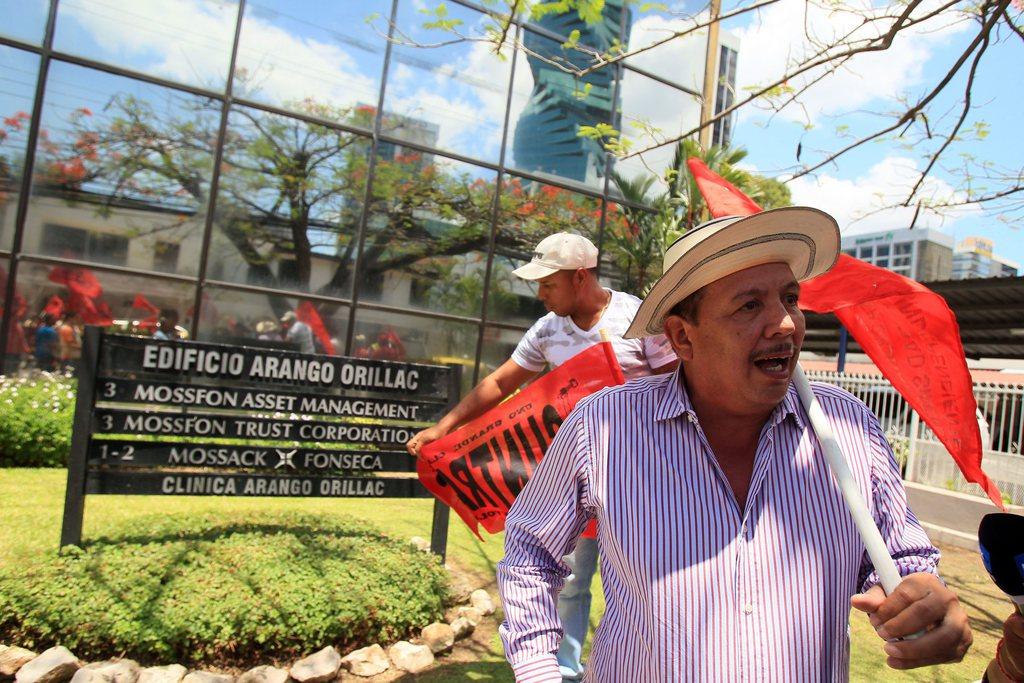
Lawyers scrutinise books in Panama Papers wake

The recent Panama Papers scandal has prompted the body that self-regulates Swiss lawyers to check up on members that have dealings with politically exposed person (PEPs) or offshore trust funds.
The purpose of the examination is to check whether anti-money laundering rules are being properly applied. The leak of confidential data from Panamanian law firm Mossack Fonseca has linked several Swiss lawyers with offshore shell companies run on behalf of wealthy and powerful individuals.
The so-called Panama Papers data reveal that Mossack Fonseca worked with 1,233 Swiss middlemen who created more than 34,000 offshore shell companies over the last 40 years. Only Hong Kong specialists were responsible for more creations (37,675).
The Swiss legal industry insists that this does not necessarily point to the breaking of either the legal or moral codes. Furthermore, the sector says that Swiss laws are tough enough to prevent widespread abuses of the system.
Nevertheless, the Self-Regulating Organisation of Swiss Lawyers and Notaries has decided to delve deeper into some business activities after a meeting with the Swiss financial regulator.
“Firstly, it is new that inspectors will check dossiers dealing with Politically Exposed Persons more deeply,” the body’s president, Peter Lutz, told Der Bund newspaper on Tuesday. “This deals with the question of whether PEPs [business] conforms to regulations and have been reviewed properly.”
“Secondly, we will check that dossiers with offshore trust structures have been cleanly recorded and that the beneficial owner and the origin of funds has been sufficiently clarified.”
Company bosses
The furore surrounding secret offshore business has also caught the attention of company executives. Some 92% of Swiss bosses (91% of executives globally) believe it is important to establish the beneficial ownership of entities that they do business with, according to the Ernst & Young Global Fraud Survey, released on Tuesday.
“With the continuing anti-corruption enforcement focus on third-party conduct, and the recent revelations on the possible misuse of offshore financial structures, business leaders are right to be focused on securing a deeper understanding of their clients, partners and suppliers,” said EY Switzerland’s Michael Faske.
But Swiss respondents clearly do not believe that corruption stems from their own country. Only 8% felt that corruption and bribery are widespread in Switzerland, compared to a global response of 39%.

In compliance with the JTI standards
More: SWI swissinfo.ch certified by the Journalism Trust Initiative


























You can find an overview of ongoing debates with our journalists here . Please join us!
If you want to start a conversation about a topic raised in this article or want to report factual errors, email us at english@swissinfo.ch.